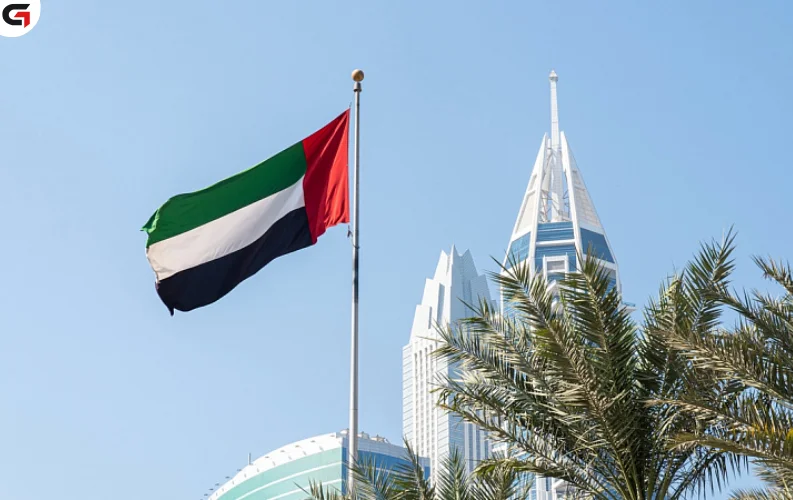Dubai – The United Arab Emirates has secured its position among the top ten global trading partners of the Eurasian Economic Union (EAEU), following the signing of a Comprehensive Economic Partnership Agreement (CEPA) aimed at expanding mutual trade and investment flows.
Speaking to Emirates News Agency (WAM), Andrey Slepnev, Minister in charge of Trade at the Eurasian Economic Commission, hailed the agreement as a strategic milestone in strengthening economic cooperation between the two sides.
Slepnev confirmed that the UAE now represents 2 percent of the Union’s total foreign trade, a share that places it ahead of major economies such as Japan, Brazil, Egypt, and Vietnam. Over the past two years, EAEU exports to the UAE have quadrupled, while UAE exports to the EAEU increased by over 50 percent.
CEPA to Unlock New Trade Horizons
The agreement is designed to reduce or eliminate customs duties on more than 85 percent of goods, effectively lowering trade barriers between both sides. Duties on EAEU products entering the UAE will drop from 5% to 0.6%, while UAE products entering EAEU markets will see a cut from 5.9% to 1.5%.
Sectors Set to Benefit
Key sectors from both regions are expected to benefit:
-
From the EAEU side: steel, aluminium, petrochemicals, consumer goods, transport vehicles, wood products, dairy, confectionery, and processed foods.
-
From the UAE side: polymers (including polyethylene and polypropylene), cosmetics, and home appliances.
Slepnev emphasized that these changes offer a significant opportunity for Emirati businesses to enter a market of 180 million consumers across EAEU countries, especially given the ongoing shifts in global trade patterns.
UAE as a Strategic Gateway
The UAE's role as a trade hub for the EAEU is underscored by its strategic location and expanding trade network. Its position within the North-South international transport corridor enhances its capacity to serve as a logistics and transit point for shipments to the Gulf, India, and South Asia.
“The UAE serves as an important trade gateway for Union countries to access Middle East and North African markets,” Slepnev said, adding that the country's infrastructure, investment climate, and trade liberalization policies make it a preferred partner.
The CEPA is also expected to boost cooperation in agriculture and industry, two sectors considered high priorities for both regions due to their strategic and economic importance.




















